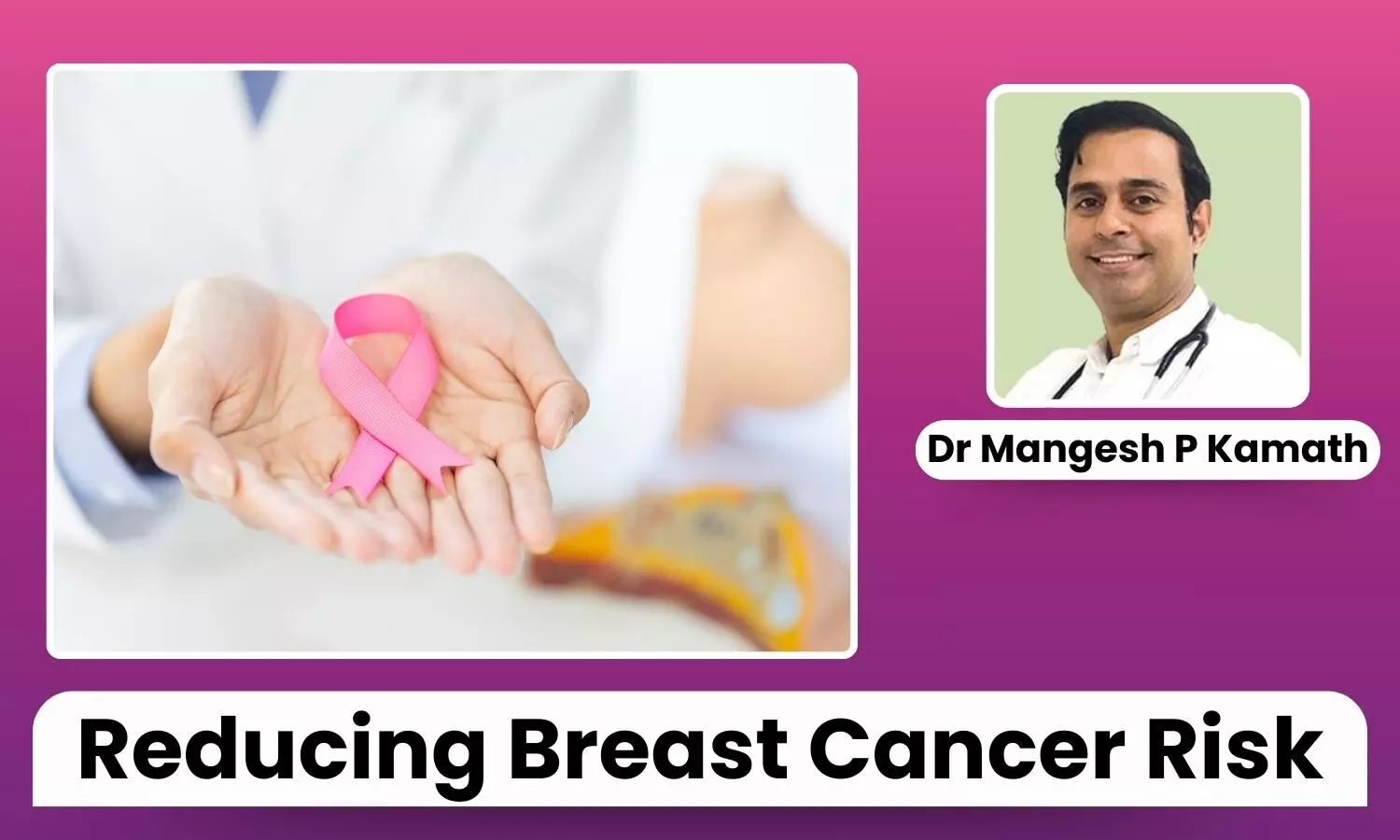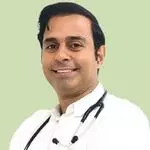Reducing Breast Cancer Risk: Effective Prevention Strategies - Dr Mangesh P Kamath

Breast cancer is a leading health concern for women worldwide, with approximately 1 in 8 women diagnosed annually. While some risk factors cannot be controlled, adopting effective prevention strategies can significantly reduce breast cancer risk.
Understanding breast cancer risk factors is crucial for prevention. These factors include family history, genetic mutations (BRCA1 and BRCA2), radiation exposure, and hormonal factors. By understanding individual risk factors, targeted prevention strategies can be implemented.
Maintaining a healthy lifestyle is essential for breast cancer prevention. This includes maintaining a healthy weight, engaging in regular physical activity (at least 150 minutes per week), eating a balanced diet rich in fruits, vegetables, and whole grains, limiting alcohol consumption (1 drink per day), and avoiding smoking. These habits can significantly reduce breast cancer risk.
A well-balanced diet plays a significant role in breast cancer prevention. Consuming omega-3 fatty acids (found in salmon and flaxseeds), eating antioxidant-rich foods (such as berries and leafy greens), incorporating fibre-rich foods (like whole grains and legumes), and limiting saturated fats and processed meats are all beneficial.
Regular exercise reduces breast cancer risk by regulating hormones, maintaining weight, improving immune function, and reducing inflammation. Aim for at least 150 minutes of moderate-intensity exercise or 75 minutes of vigorous-intensity exercise per week.
Early detection significantly improves breast cancer survival rates. Hormone replacement therapy (HRT) increases breast cancer risk. Consider alternatives to HRT, such as non-hormonal treatments, and limit HRT use to short-term periods. Regular monitoring is also essential.
Environmental toxins, such as pesticides and chemicals, may increase breast cancer risk. Minimize exposure by using non-toxic household cleaners, choosing organic produce, and avoiding plastics with BPA.
Genetic testing identifies high-risk individuals. Consider testing if you have a family history of breast cancer, a known BRCA1 or BRCA2 mutation, or a personal history of breast cancer.
In conclusion, reducing breast cancer risk requires a multifaceted approach incorporating lifestyle modifications, nutrition, exercise, screening, and awareness. By adopting these effective prevention strategies, women can significantly lower their risk and improve overall health.


